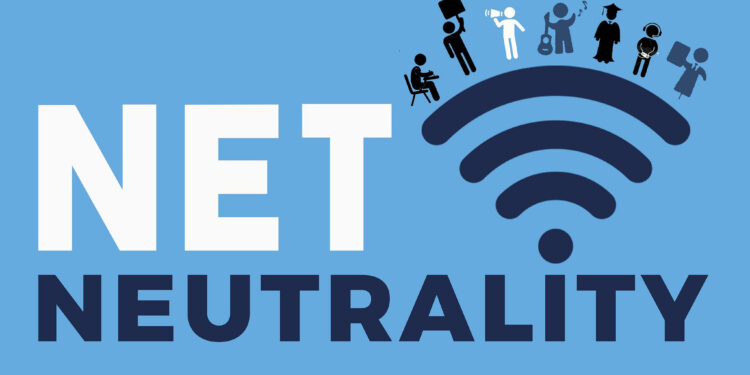When working on the Internet, you can bump into plenty of terms describing certain concepts and technologies. One of them is the “net neutrality” phrase. What is net neutrality and what is it needed for? This term came into active use since 2002.
This concept was born after the Federal Communications Commission of the United States began forcing communication providers to share infrastructure with competing organizations. However, this decision was reversed by the Supreme court in 2005. Insufficient understanding of the providers’ core activity was the main problem – whether they provide information services or telecommunications services. Most of the net neutrality rules were introduced in 2015 – this issue was handled by the Obama administration. Under the rules introduced, it was prohibited for the service providers to independently change traffic for various Internet resources depending on changing demand and the client traffic level.
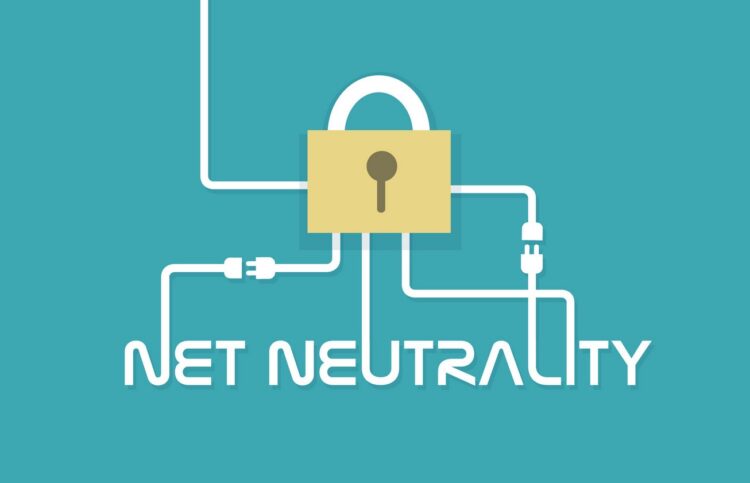
Let’s find out what are net neutrality pros and cons. According to this concept, all the information stored on the Internet should be processed at the same speed regardless of:
- activity field – this can be either an online store or government resources;
- presence and quantity of content;
- platforms used for developing the website;
- the type of device used by the client for Internet surfing.
According to the net neutrality regulations, each Internet service provider must provide the same speed for all traffic over the Web. Which are net neutrality pro con? Providers are not recommended to block or reduce traffic for a particular resource. At the same time, Internet service providers are prohibited from increasing traffic speed for any particular site they can enter into a contract with. However, in 2019 most of the net neutrality requirements were canceled. This issue was handled by the Court of Appeal in the district of Columbia.
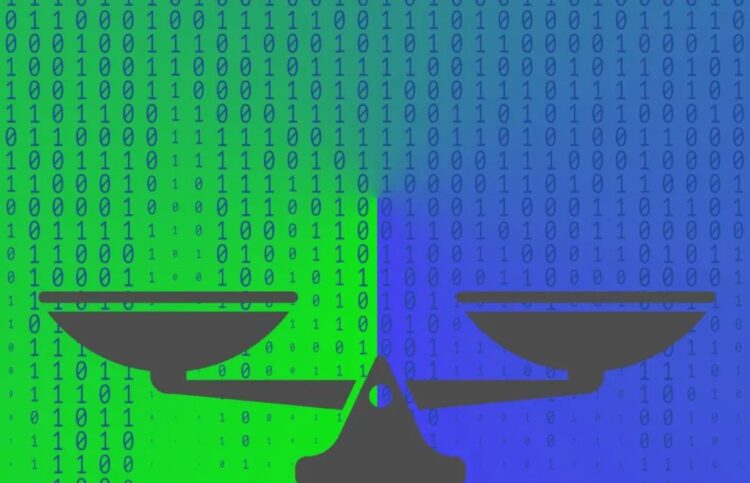
Is net neutrality a good thing?
There are certain pros and cons to internet censorship. Advantages of the concept in question include:
- Provision of equal conditions for all companies. The net neutrality requirements don’t allow to provide a particular organization with the best traffic. Without following this concept, operation of web resources and sites offering services from the smaller business may be extremely slow, since these organizations can’t afford to buy high-speed lines for transmitting data. Bloggers and other authors, whose income depends on the number of views, will have to share the same fate. Why net neutrality is good for most users? A member of online communities can become a fitting rival for large companies and not to waste their core income.
- Any content can be published. This means that providers can’t prohibit information offered on a particular website only because they don’t like it. Is net neutrality good or bad in fact? Without net neutrality, absolutely all the content will be subject to censorship. However, this doesn’t mean that the illegal content of certain websites will become available as well. Law-enforcement authorities have the right to impose restrictions on illegal content regardless of the introduction or cancellation of net neutrality.
- No exceptions. According to the net neutrality provisions, the information provided over the Internet is available to all users. The availability of any of the content only for customers who can afford to pay for certain privileges may significantly increase social isolation.
- No need to pay for content. In case of complete abolishment of net neutrality, companies will demand payment for improving video quality, online games, provision of higher-quality content, and so on.

Let’s consider the disadvantages of net neutrality. There the first one is no payment for information. The Web users pay only for services, with the data being provided free of charge. Then, the availability of illegal content should be mentioned. Providers have no opportunity to block prohibited or offensive content, which is a serious problem since the Internet is used by children as well.
Are there any pros and cons of equal playing time? Providers lose financial support that can be used for creating new infrastructure. They can’t charge users additionally for providing services; therefore, most of the data is provided free of charge. If they could charge for it, providers could expand their service range and run high-speed wires in villages, for instance.
Also, in accordance with net neutrality, providers must on a regular basis submit reports about their activities. This may turn out to be too expensive for Internet service providers.
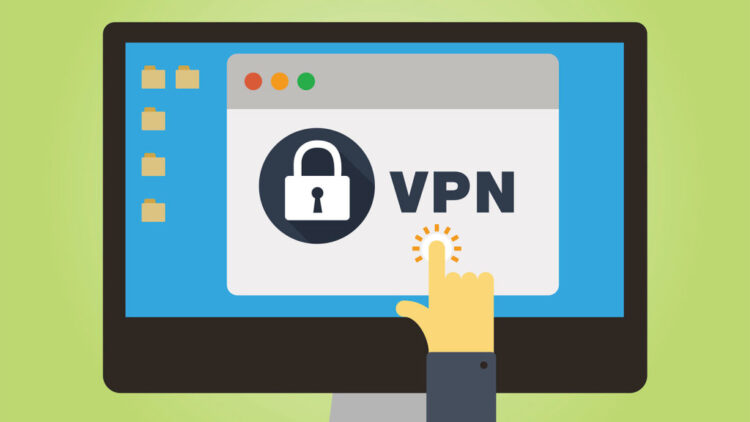
How VPN could keep net neutrality
If your Internet service provider has an opportunity to track your activity in the Web, it may impose limitations on your connection speed. All you need to do to prevent the websites content from being blocked and maintain the amount of transmitted information at a high level is to use a VPN.
This system redirects your traffic through its own server. The data is encrypted so that providers and hackers can’t track what you are doing in the Web. Therefore, your Internet service provider will no longer be able to slow down your connection speed. However, this doesn’t mean that you will become completely inaccessible to the provider. It will be able to see that you are connected to VPN, with only your Web traffic remaining unknown.
Cryptocurrencies are in unprecedented demand nowadays, which may result in changes in the method of payment for Internet services. Instead of paying for a month of traffic or a certain number of gigabytes, you will be able to pay separately for each data package.
Providers will be able to receive this money, so they will strive to offer as much information as possible. This scenario can be seen from the cost of videos from online seminars or conferences.
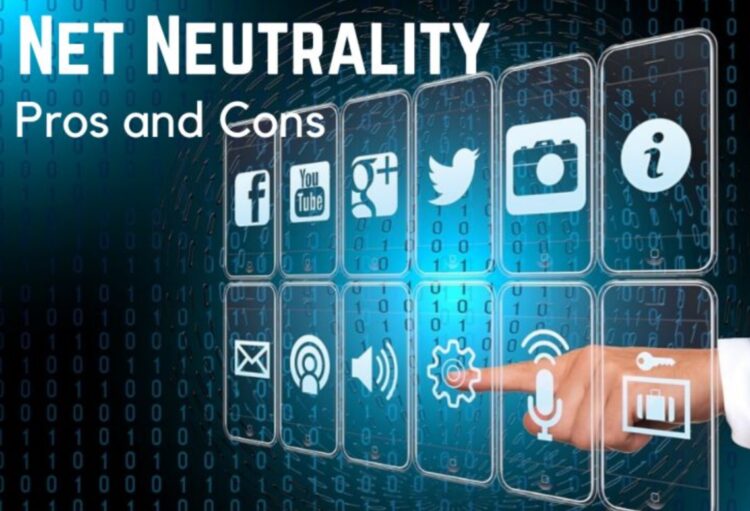
However, as long as it is the users who pay for information on web resources, it’s not so easy for Internet service providers to complicate access to the data. Movies in the highest quality from the largest providers can be watched at the price equal to movies from a smaller provider.
The principles of maintaining net neutrality are as follows: all you need to do is to use a VPN. Thanks to the virtual network, your provider won’t be able to track the information being transmitted through the encrypted VPN channel; thus, it won’t change the speed of accessing any resource.
To protect net neutrality, you can contact the legal services – they are capable of influencing the activities of Internet service providers. All the users can decide for themselves, whether they are for or against net neutrality. However, the main advantages are obvious – the opportunity to view various content at an equally high speed using all kinds of devices. If using a VPN from your mobile device is enough for you, follow this link https://zorrovpn.io/ to install the fastest possible service.

